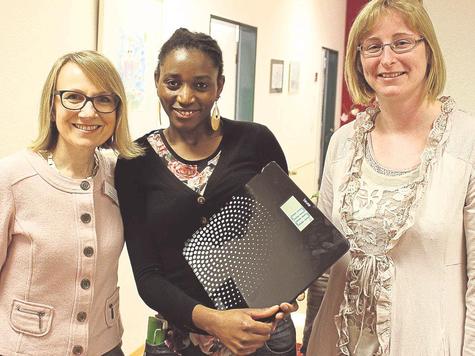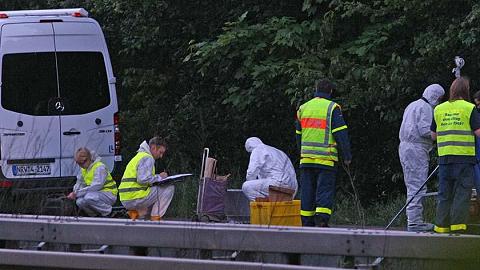Once you arrive in Germany you have to fill out quite a few forms until you are all set and ready to settle down. Call it German bureaucracy. But it is not all that bad and there is no need to worry about everything when you get to Germany.
To begin with, you should find out whether you will need a visa depending on your country of origin. Citizens from the EU or EEA countries do not need a visa to come to Germany. I have prepared a short checklist for you, listing all the things you should take care of when you get to Germany. I suggest we go through it point by point.
You can take care of the most important things even before you get to Germany. You can look for a room in a student hall of residence, a flat share or your own apartment. This is important because, for everything else, you generally need a mailing address in Germany. And besides, it is nicer to arrive and know where you have to go, or rather, where you are going to live. I would definitely recommend getting the Service Package offered by the Deutsche Studentenwerk. It includes the rent for an apartment, meal vouchers for the dining hall, the semester contribution, and also at many universities, the semester ticket for public transportation – all for about EUR 300 a month. So, that’s accommodation.
After you enter the country, you should register with the International Office. They can help you take care of things. For example, helping you find accommodation, if you have not found one yet. In addition, they have all sorts of information about orientation week events, language courses, parties and advising programmes. You can also find a variety of info brochures and materials there – city maps, bus schedules, course syllabi, etc.
A bank account – that’s the next step. To make any kind of electronic transfer in Germany, it is essential that one has a current account, for instance, to pay for your semester contribution so that you can enroll, or for health insurance. We talked about this earlier. Anyway, the next step should take you to a credit institute or savings bank. A lot of banks offer inexpensive or even free current accounts to students. If you are not sure about where to go, ask your International Office.
Now that you have opened an account, we have to get health insurance. This is because if you are not covered, you cannot study at university. In Germany, you can receive health insurance coverage at a reduced student rate. All public health insurance providers offer the same student rate. You can also inquire at the Student Administration at your university about inexpensive private health insurance coverage.
And somebody else is interested in knowing you are here. Within two weeks after you arrive, you must register at the Resident’s Registration Office, District office or Bürgebüro. Make sure to take the following documents along:
- Your Travel Passport
- Your Address in Germany
- Proof of health insurance coverage
- And the confirmation of admission or certificate of enrollment from your university
The Bürgerbüro is pretty full during office hours; it is all about waiting and waiting and waiting. You often have to take a number and wait until it is called or it appears on an electronic panel. My advice is to spend the long wait with a good book and lots of patience. Oh yeah, another thing, as soon as you change your address – for example, if you move into a new WG – then you will have to re-register with them again.
So, all done? Then we go to enroll at the Student Administration at your university. You have to remember to take along your certificate of admission.
Last but not least, the Alien’s Registration Office. Everyone who comes from a non-EU or non-EEA country has to register there. This is where they convert your visa into a residence permit for purposes of study. Remember, it does not apply to everyone.
You should try to take care of these steps during your first week in Germany. Keep in mind that this list is not comprehensive. It is only something to go by. The important thing is to find out exactly what requirements apply to you and your country of origin. The regulations are very specific – but not complicated- you only have to figure them out once. I hope that this information could be of help.







